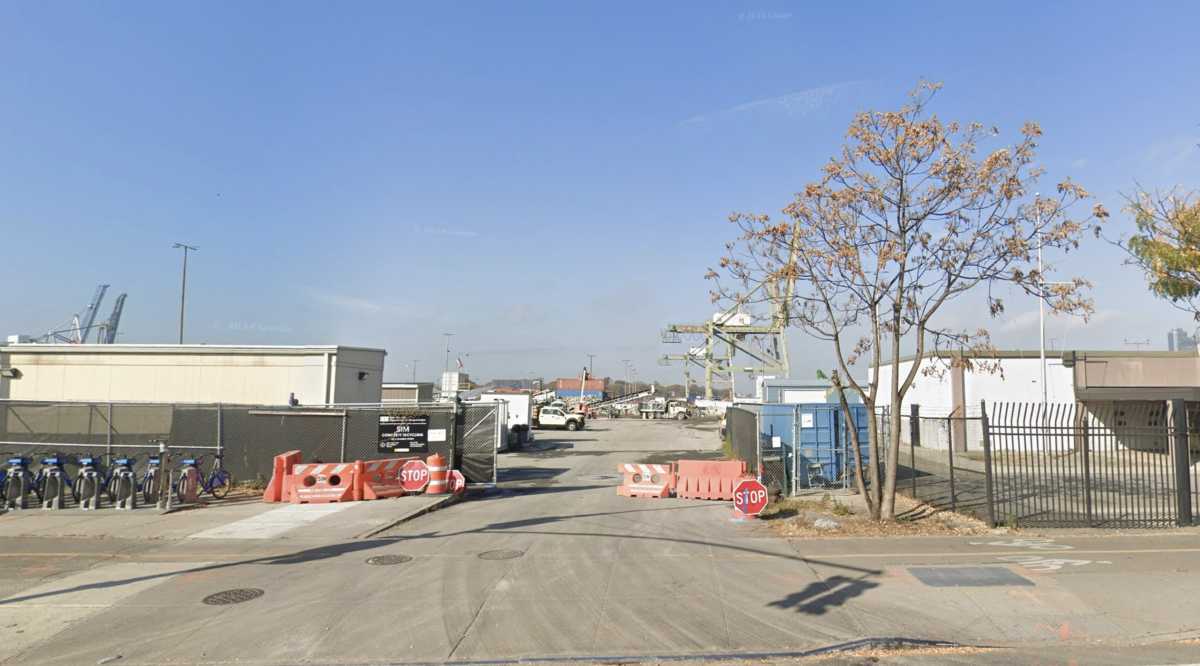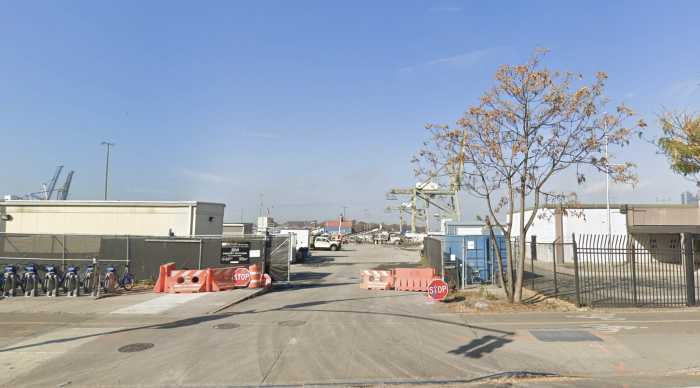As the two-year anniversary of the Sept. 11 attacks approaches, a federally funded mental health program is reducing the number of its counselors helping New Yorkers cope with the aftereffects of the trade center disaster.
The Project Liberty program is set to expire at the end of the year. It was established after the terror attacks and funded by a $155 million grant from the Federal Emergency Management Agency.
This month, the state and city health officials administering the program began whittling the number of providers doing “broad outreach,” according to Roger Klingman, a spokesperson for the state’s Office of Mental Health. Klingman said that the city Department of Health and Mental Hygiene would have specific information on the counseling services that had been phased out citywide. A spokesperson for the agency did not respond to a request for information by press time.
Project Liberty workers say that the cuts have been dramatic, and many mental health professionals agree that the timing couldn’t be worse.
“With the anniversary, it doesn’t make very much sense,” said Kelly Clarke, who works at Project Liberty centers on the Lower East Side and in Battery Park City.
As centers close, “A lot of people are wandering nomads—they don’t know where to go,” Clarke added.
One director of a Project Liberty center who requested anonymity said that by the end of the month her staff would be reduced from 17 people down to three or four. This means that they will likely have to close their drop-in center and take visitors by appointment only. They will also have fewer people to do outreach in Lower Manhattan, where workers approached people at random, asked how they were doing and told them about services available.
Klingman said that Project Liberty was always intended to be a short-term initiative. The “unprecedented” mental health effort had been due to end in March, he added, but state officials applied for an extension that allowed it to continue until the end of this year.
Last month, U.S. Rep Carolyn Maloney wrote to Governor George Pataki and Homeland Security Secretary Tom Ridge, calling for an inquiry into the use of Project Liberty funds. Much of the money had not been spent and could be diverted to other uses, Maloney wrote.
Klingman said that as of mid-August, $88 million out of the $155 million had been spent.
“We do not anticipate having any funds left over,” Klingman said. Even if money remained, he added, F.E.M.A. restrictions would prohibit the funds from being reallocated.
To date, Project Liberty has helped about 800,000 people, Klingman said. The 1-800-Lifenet mental health referral system will continue after Project Liberty ends, he added.
Some in the Downtown community said that Project Liberty could have been more widely utilized.
“Not as many people have taken advantage as could have or should have,” said Madelyn Wils, chair of Community Board 1.
Some Project Liberty providers have reported seeing an increase in visitors as Sept. 11 draws near. On the two-year anniversary, the Project Liberty drop-in center at 380 Rector Place in Battery Park City will open its doors to all from 8:00 a.m. to 7:00 p.m. There will be catered food, commemorative events on television, and counselors standing by.
“We’ll just be there if they need to speak to anyone,” Vita Iacovone, the director.
































